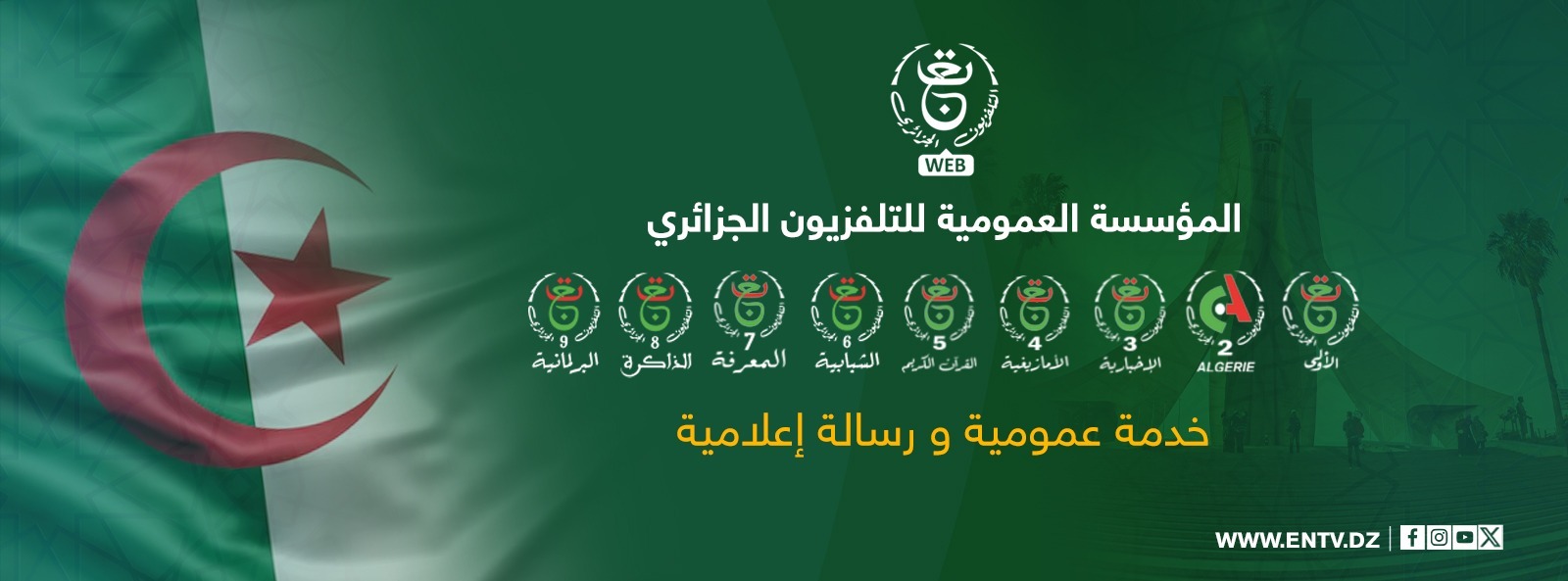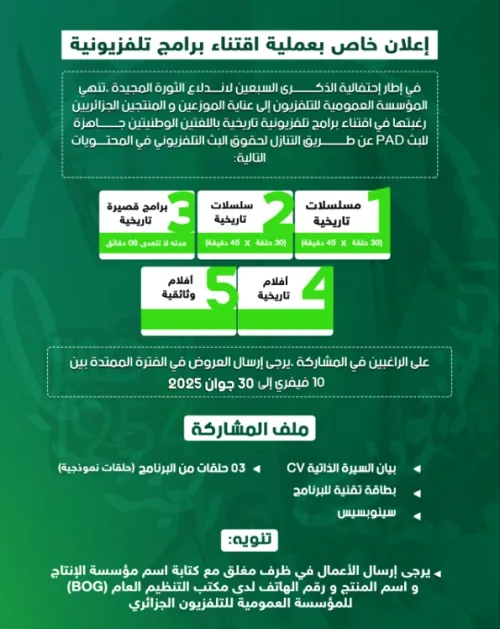Algeria has formally signed the United Nations Convention against Cybercrime in Hanoi, Vietnam, reaffirming its commitment to multilateralism and marking the culmination of a four-year leadership role in negotiating the landmark treaty. Acting on behalf of President Abdelmadjid Tebboune, Lounès Magramane, Secretary-General of the Ministry of Foreign Affairs, signed the convention on October 25, during a ceremony attended by U.N. Secretary-General António Guterres and delegations from 64 countries and regional organizations. Adopted by the U.N. General Assembly in December 2024, the convention is the first legally binding international instrument aimed at combating cybercrime. Algeria chaired the specialized U.N. committee that drafted the text and led the negotiations since May 2021, underscoring its growing influence in shaping digital governance within the United Nations system.
In his address, Magramane said the signing “reaffirms Algeria’s firm commitment to multilateral action and international cooperation as an effective tool to confront emerging global challenges.” He described the treaty as “a binding legal framework enabling a collective response to the multifaceted risks of cybercrime,” highlighting its mechanisms for adapting criminal investigations to digital environments and facilitating the exchange of electronic evidence across borders. He also pointed to President Tebboune’s emphasis on digital transformation as a national priority, aligning Algeria’s domestic modernization efforts with its international diplomacy on technology and data governance. The signing follows Algeria’s active participation in U.N. debates on Artificial Intelligence governance during the General Assembly’s 80th session in New York. Addressing the Security Council, Foreign Minister Ahmed Attaf called AI a “double-edged sword” and a “geo-strategic factor” in global power dynamics. He argued that the cybercrime convention could serve as a “legal foundation for strengthening states’ sovereignty over their data.” Attaf identified three priorities for developing nations — sovereignty, security, and equitable access — stressing that Africa “refuses outright to be turned into a testing ground” for emerging technologies, particularly in the military field.
At a separate U.N. event, Minister of Labour Abd Elhak Saïhi presented Algeria’s national strategy Digital Algeria 2030, which includes a National Higher School for Artificial Intelligence, constructing a major regional data centre, and launching training hubs to build technological capacity. Saïhi said the plan aims to ensure Africa’s full participation in the global digital transformation. U.N. Secretary-General António Guterres, who attended the Hanoi ceremony, welcomed the signing as a milestone for international cooperation in cyberspace — echoing his broader call for stronger global governance over emerging technologies.
Together, Algeria’s leadership in drafting the cybercrime convention and its push for equitable AI governance highlight the country’s growing role in shaping global digital policy, where questions of sovereignty, security, and fairness increasingly define the diplomatic agenda.
Taferguennit Sabrine











